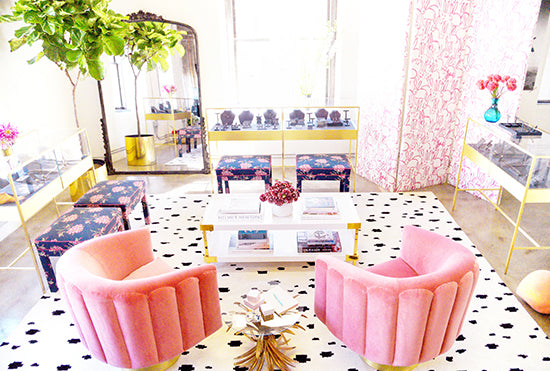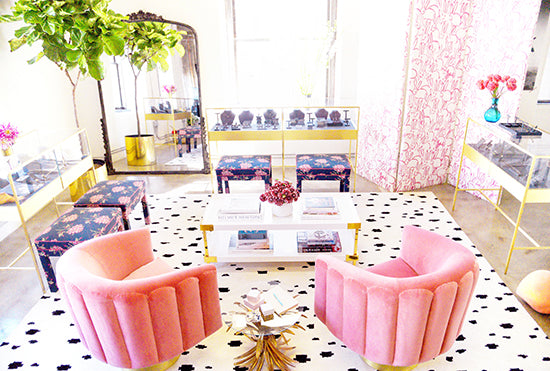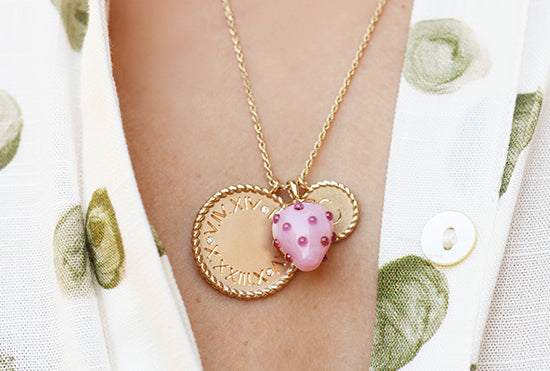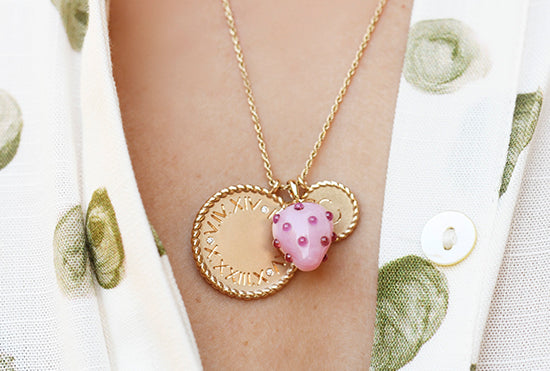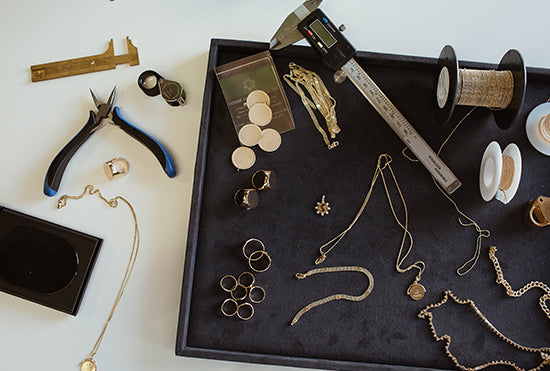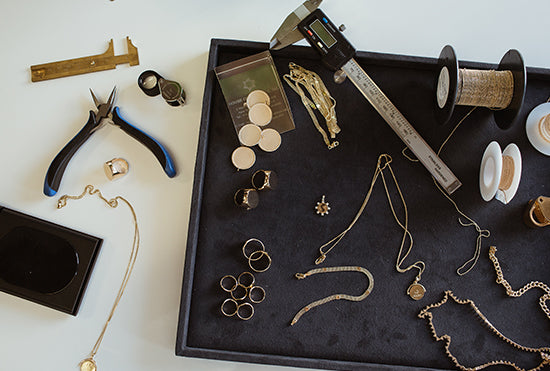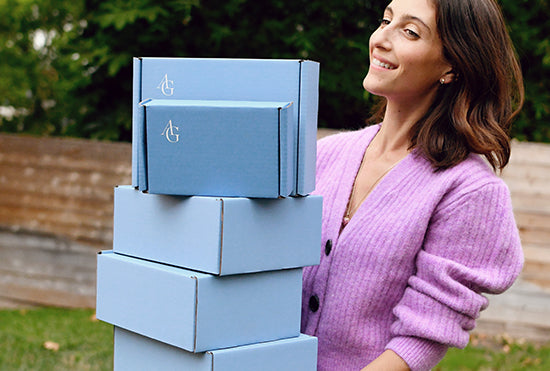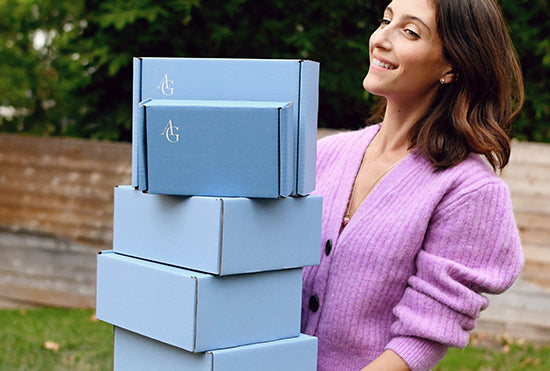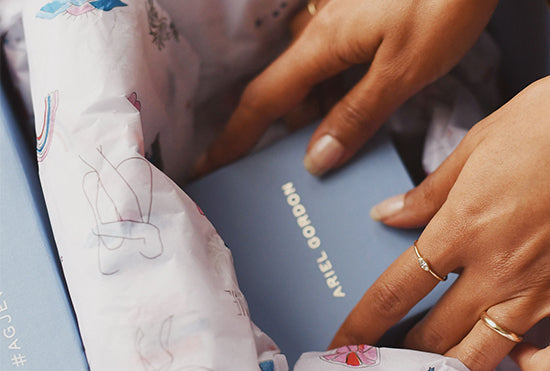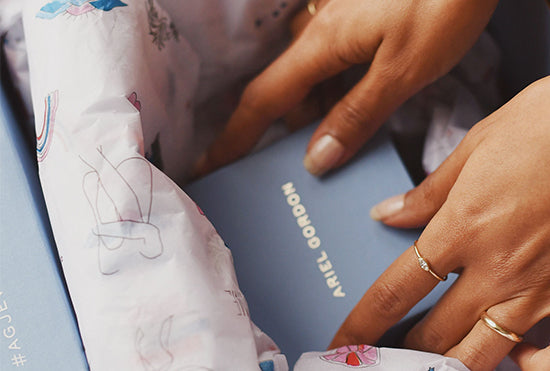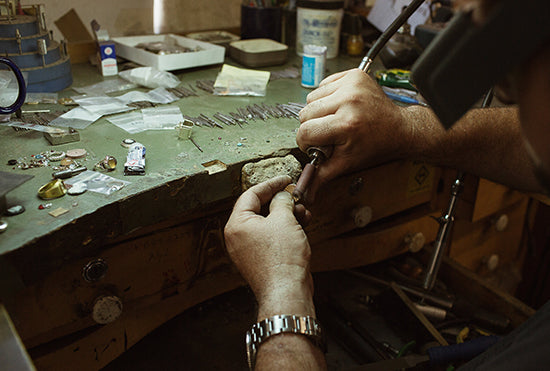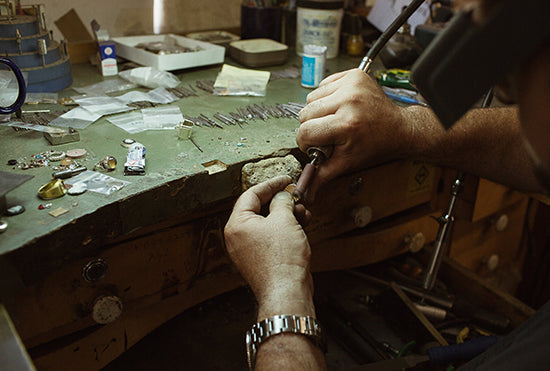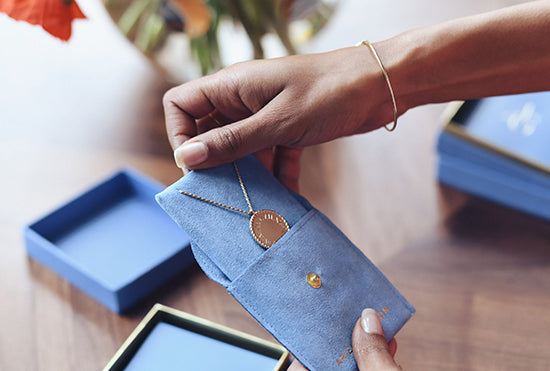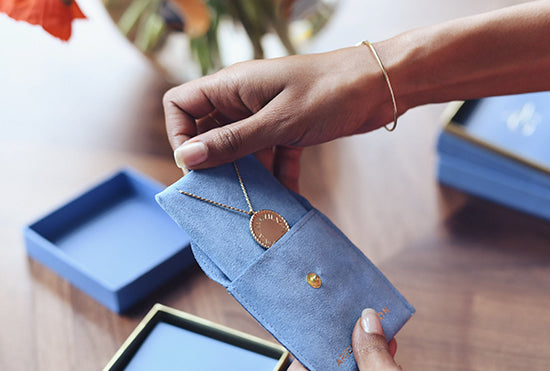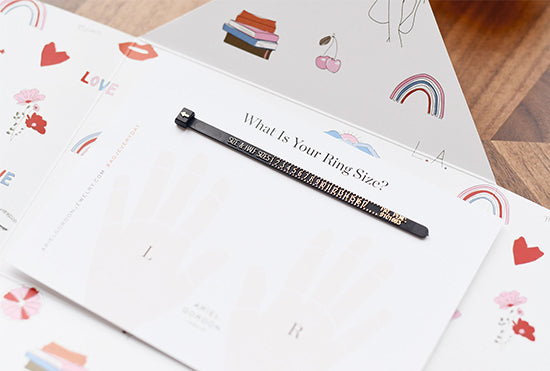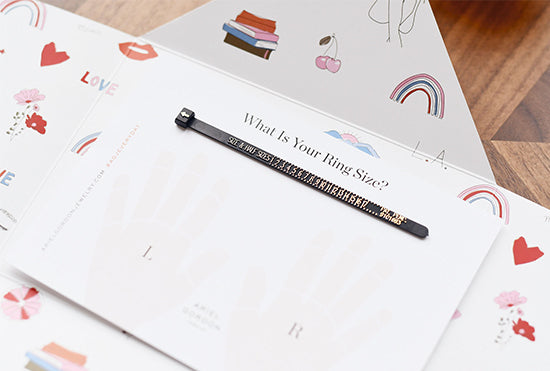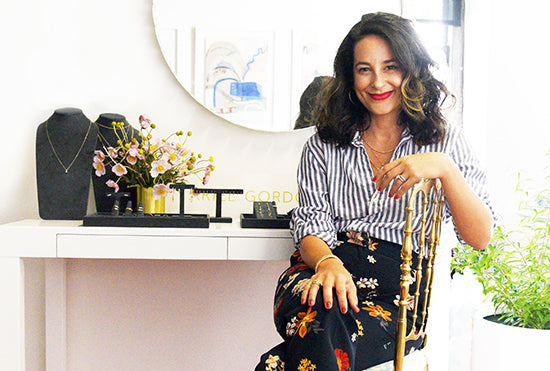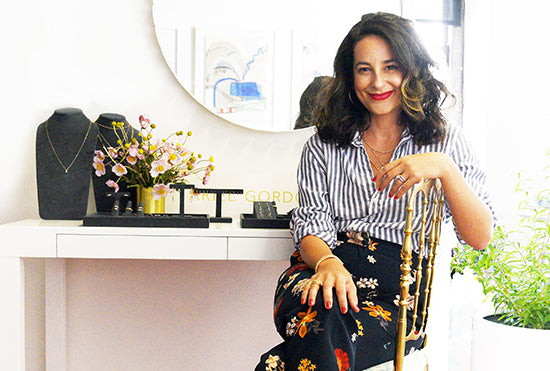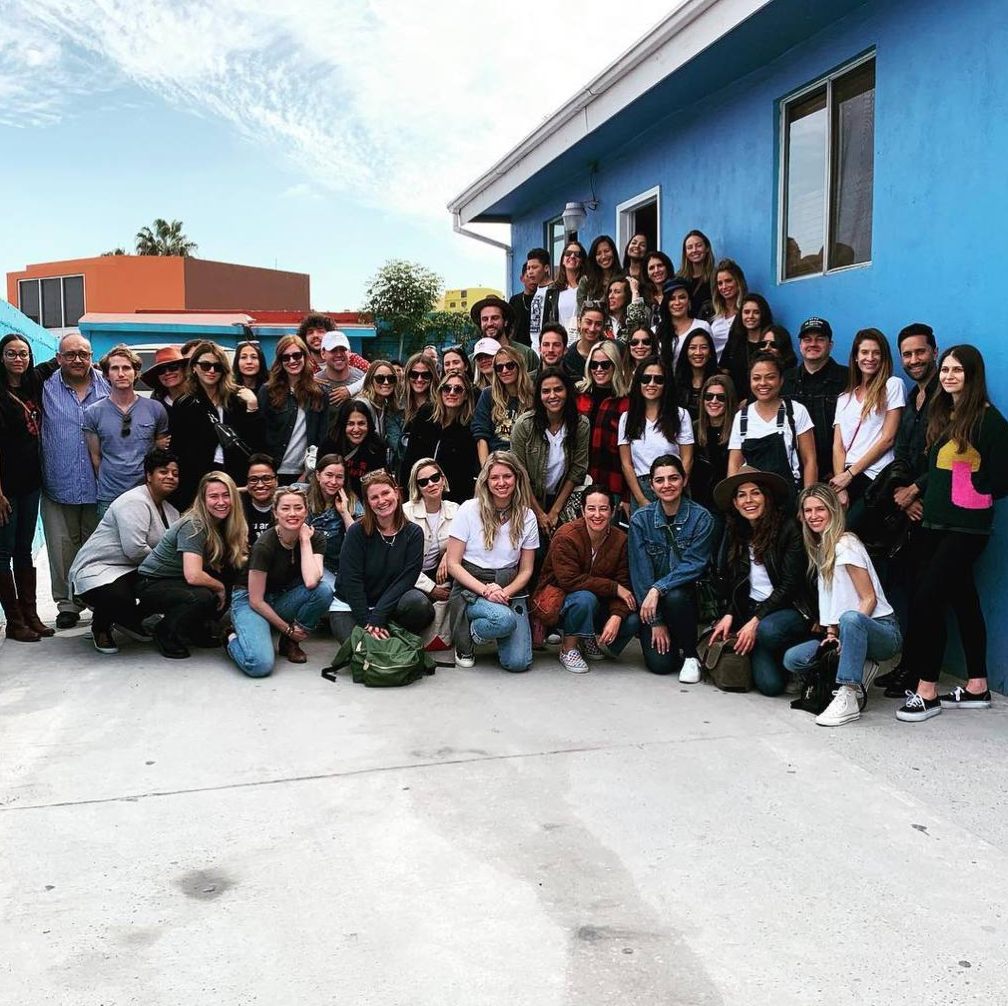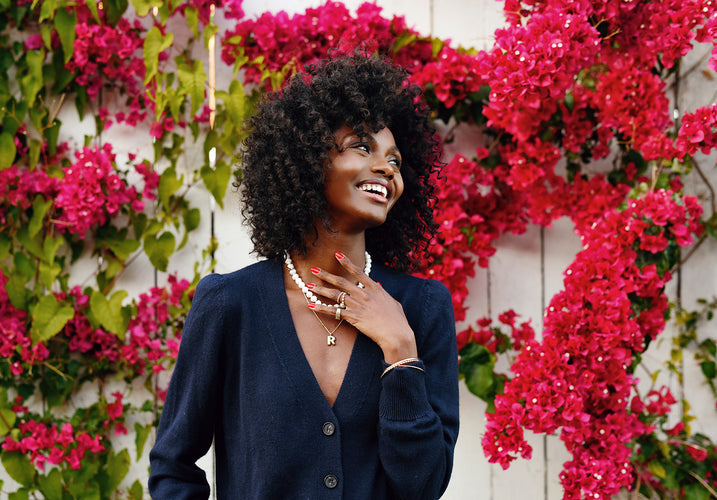

I've had the honor of traveling to the US - Mexico border with This is About Humanity a few times. My role was as observer + documentarian + advocate. I went to better inform myself about the humanitarian crisis of family separation, the detention of children, and the troubling new policies affecting asylum seekers.
We visited various shelters in Tijuana, all were well over capacity. We saw a 1 month old baby who had been born on the caravan trail. We met people who walked all the way from Brazil. We heard of teens being murdered in the streets by gangs. Brothers being separated en route who have no chance of finding each other again. Driving down Revolucion Ave that I used to visit growing up in San Diego, we saw evidence of human trafficking (blue sheets in the window mean there is an underage boy available for sale, pink sheets means there's a girl available. There were sheets in many windows).
Make no mistake - this is a big problem and it isn’t new. But it is worse. It will take policy change and activism and outrage. Politics are a big part of it, but meeting these kind people and hearing their harrowing stories really reinforces that this crisis can’t wait for the politicians to catch up. This is about children. Families. Lives. Humanity.

One way you can support the cause is to be a conscious consumer. 100% of the net proceeds of the sale of our HUMANITY Necklace will go straight to This Is About Humanity and the various on the ground organizations they support.
**********
As we launch our new, exclusive HUMANITY Necklace benefiting This is About Humanity, we thought it was the perfect time to sit down with the organization's co-founders Zoe Winkler Reinis, Elsa Collins, and Yolanda Selene Walther-Meade about their mission, how they're giving back, ways to educate ourselves about what's happening at the border, and so much more.

What is the origin story of you founding This is About Humanity?
Elsa: I grew up on both sides of the border, as a first generation American so I felt personally connected to what was happening at the border with families and children. My background is in social impact. I have been fighting for equality in a myriad of ways and knew that I had to do the same for this issue. I started with a donation drive, called my sister to get her involved and then soon after Zoe had sent me a message on Instagram saying I don't just want to help, I want to be part of whatever you are doing and she is...that is the power of social media.

Was there an ah-ha moment when you realized you had to get involved?
Zoe: My A-ha moment was the very first time I saw an image of a child looking up at a crying mother while pleading with border patrol. In the child’s face I saw my children and in the mothers face I saw mine...I knew right then that I had to do something. There was literally no other choice for me.

What is your vision for TIAH?
Yolanda: I see This is About Humanity raising the level of awareness surrounding the humanitarian immigration crisis and providing a clearer picture of the on-the-ground reality, connecting people who have time, talent or treasure and are compelled to take action with organizations that are able to immediately impact those affected, especially vulnerable individuals, women and children.

What was your first experience giving back?
Zoe: My father would volunteer at a shelter downtown every Thanksgiving. When I was 10 he took me with him to help serve the food.

How has working on This is About Humanity changed your worldview/outlook?
Zoe: It has changed my whole life. I feel like at 37 years old I found my passion. TIAH has helped me find my voice and helped me to show my children that we as a family will always stand up for what is right.

What was the moment you realized what you'd created was making an impact?
Elsa: For me, the impact I saw started with how many people wanted to get involved, how they were looking at what tools they had at their disposal to make change and how they were seeing themselves as change-makers—much like Ariel is doing with her HUMANITY necklace. I see our true impact in making other agents of change.
Yolanda: I felt This is About Humanity's impact from day one as we moved forward with our first donation drive and bus trip when we received an immediate outpouring of messages from people all over who wanted to give, take action, effect change.

What are ways people can educate themselves on what's going on and help?
Elsa: Follow @thisisabouthumanity @immdef_lawcenter @casacornelialawcenter we are always posting calls to action. Read local! One of the things I learned from journalist Bob Moore on a recent trip to El Paso was that many national publications write about the issue without experiencing it. Look around your local community for pro-bono legal firms who are always accepting volunteers.


